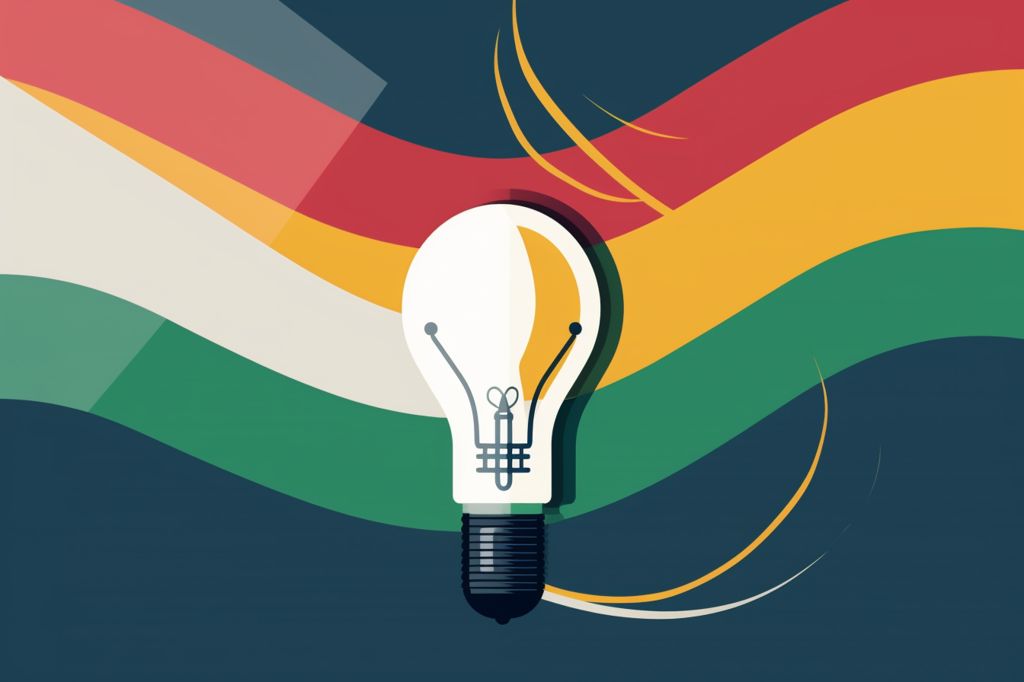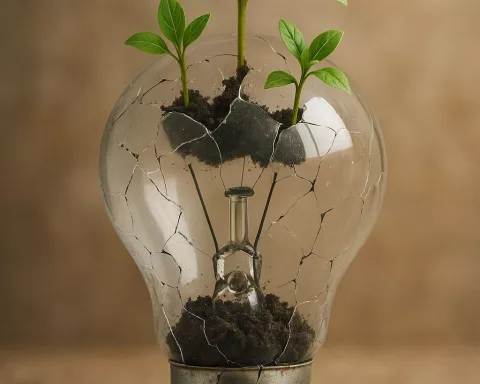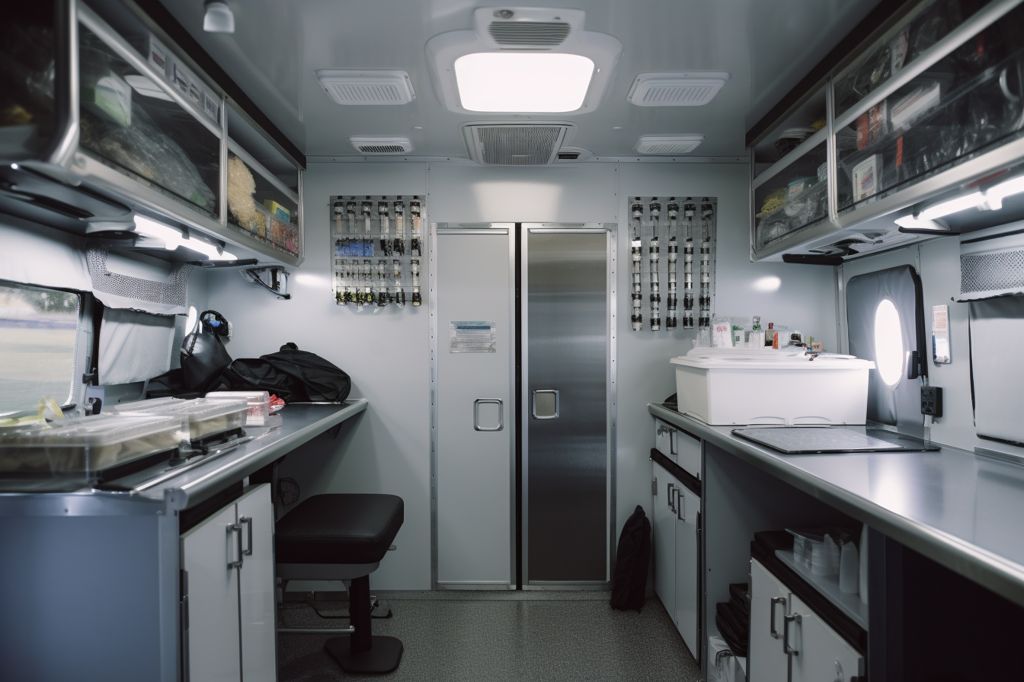South Africa’s Minister of Mineral Resources and Energy, Gwede Mantashe, has provided insights into the country’s mining and energy sectors. In this article, we discuss the progress, achievements, challenges, and investments within these industries.
Universal Access to Electricity
One of South Africa’s notable achievements in the energy sector is the connection of 673,946 households to the national electricity grid. The government plans to link an additional 243,054 households during the current fiscal year, bringing the country closer to achieving the United Nations’ Sustainable Development Goal of ensuring universal access to electricity. The government is also working to amend the Electricity Regulation Act, which aims to create a competitive supply and demand market for electricity while fostering the development of the green economy.
Renewable Energy
South Africa has launched several renewable energy projects, with a total of 7,786 MW procured through the Risk Mitigation Independent Power Producer Procurement Programme (RMIPPPP) and the Renewable Energy Independent Power Producer Procurement Programme (REIPPPP). However, the unavailability of the electricity grid presents a significant challenge, as 3,200 MW of the 4,200 MW wind capacity has not been allocated due to this issue.
To address the electricity supply and demand gap, the Integrated Resource Plan (IRP) 2019 is currently under review. Additional procurement of generation capacity will be undertaken during the current financial year. This process will include the issuance of requests for proposals covering renewable energy, battery storage, gas-to-power, and nuclear energy projects.
Mining Contributions to GDP
The mining sector has made a meaningful contribution to South Africa’s Gross Domestic Product (GDP), despite recent declines in production. Between December 2021 and December 2022, the sector created 23,552 jobs and contributed R89 billion in corporate tax and R28.45 billion in royalties during the 2021/22 financial year.
To further enhance the industry’s economic contributions, Mantashe highlighted the need to address constraints in electricity, rail, and port systems.
Investments in Mining and Energy Sectors
Significant investments in the mining and energy sectors have been made, including a R16.5 billion investment from De Beers for the Venetia Mine, R6 billion from Exxaro in Grootegeluk, R636 million from Impala Platinum in the Two Rivers operation, and R175 million in the Steelpoortdrift Vanadium Project. These investments showcase the potential for the mining sector to further bolster South Africa’s economy in the coming years.
International Exploration Investments
The Department of Mineral Resources and Energy is focusing on attracting international exploration investments. Plans are in place to establish an exploration fund for junior miners in collaboration with the Industrial Development Cooperation (IDC). The fund, which will consist of a combined investment of R500 million from the DMRE and the IDC, is anticipated to be finalized by the end of June 2023.
In conclusion, South Africa’s mining and energy sectors have demonstrated significant progress and achievements in recent years. Challenges still remain, and ongoing investment and infrastructural development will be essential for the country’s economic growth moving forward.












